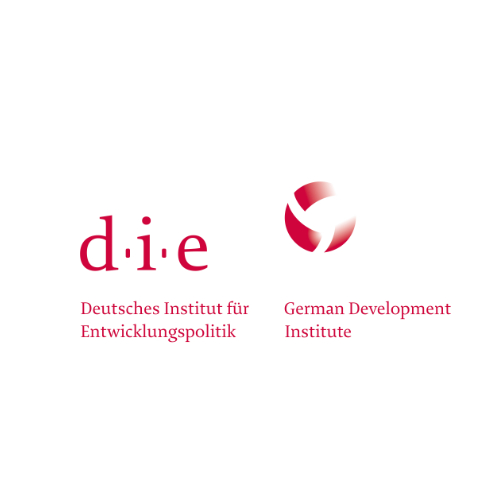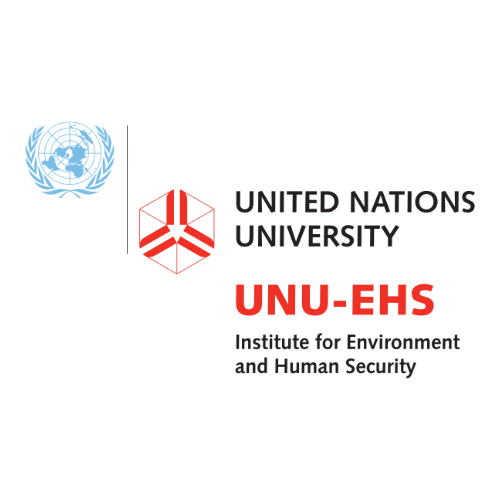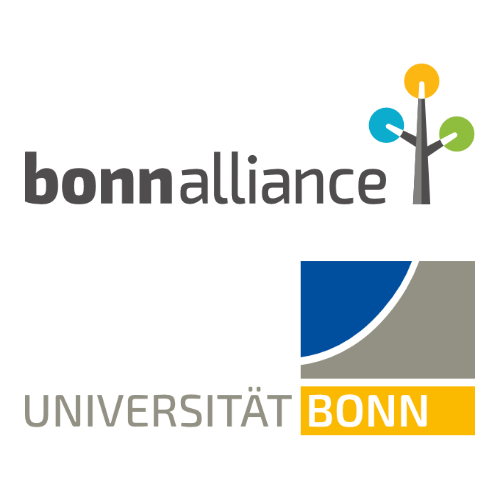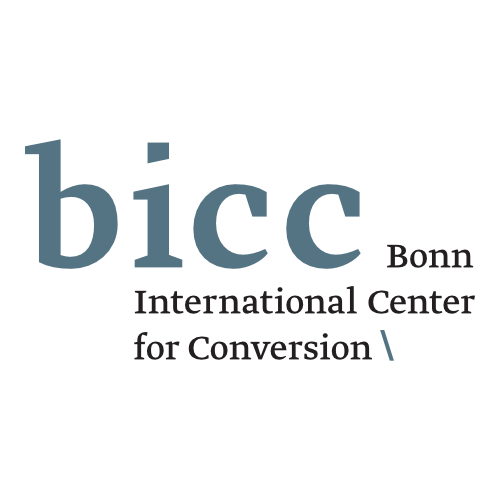
Federal Conference on Municipal Development Policy
How exactly and to what extent do German local authorities promote development policy? Is there a discernible trend here? What motivates local authorities and how can existing work be stepped up further? Eva Dick, Paul Marschall and Christopher Wingens share insights into a current DIE study on municipal development policy in Germany.


